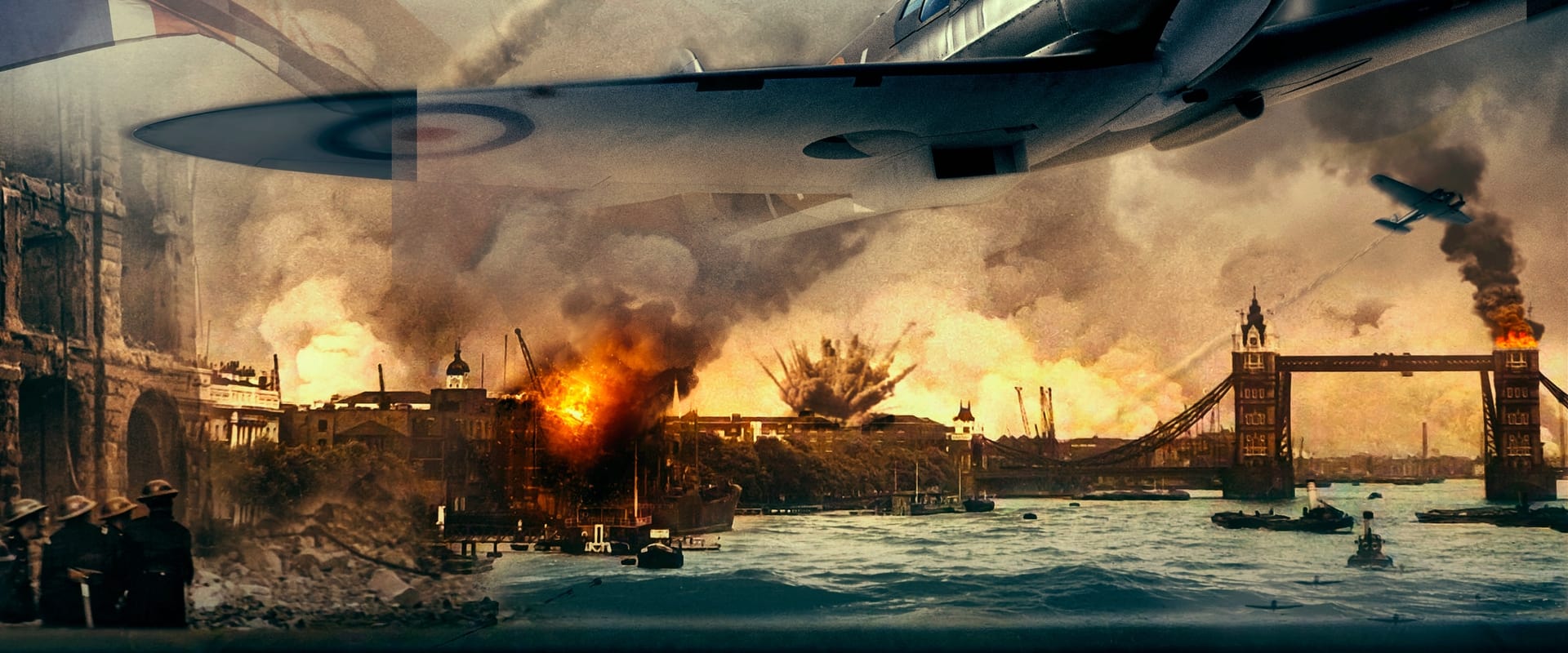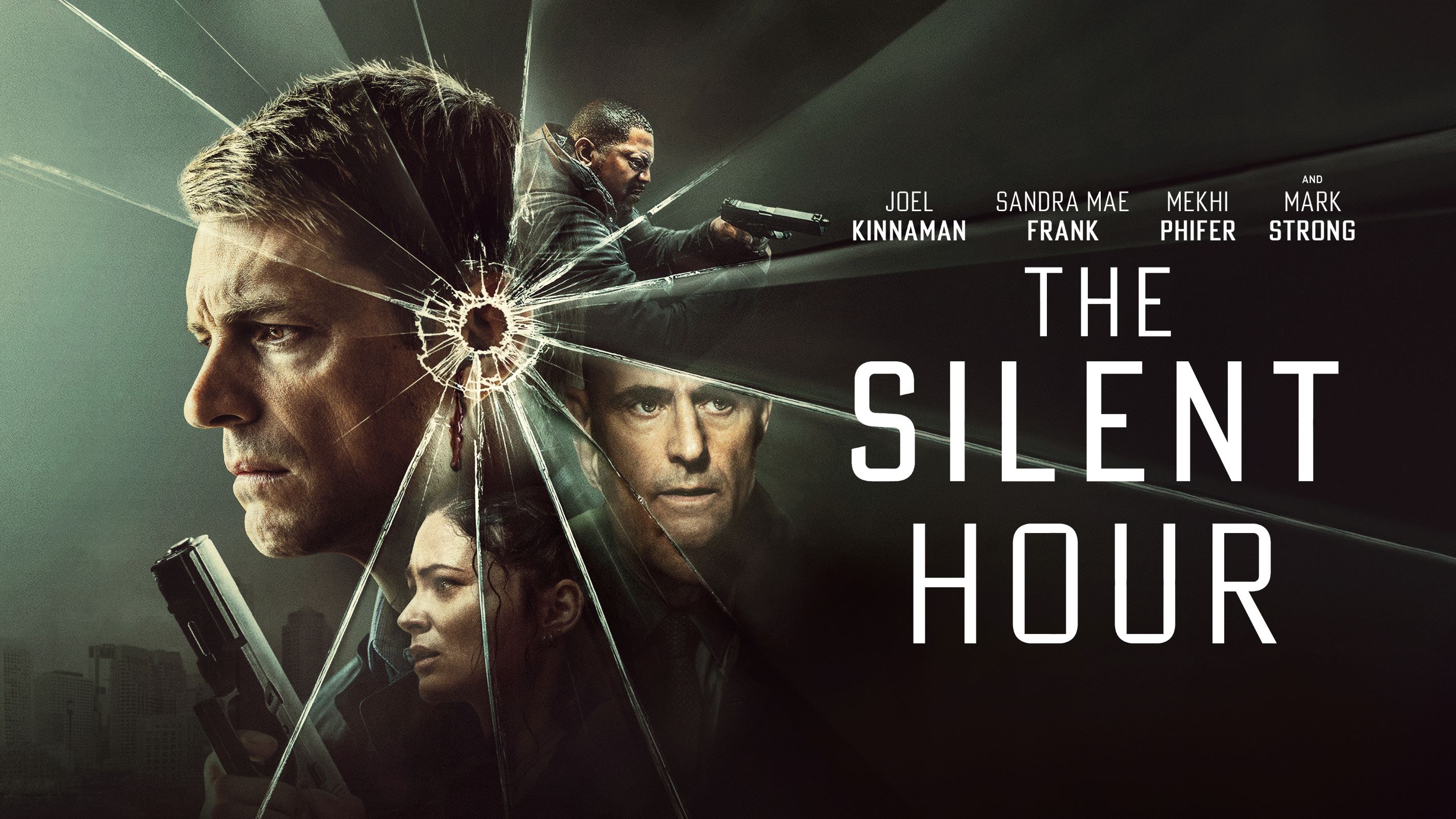Let us not mince words: Battle Over Britain is one of those rare cinematic crash-landings where you don’t merely see the fuselage flaming—you feel the passenger nausea, too. I adore a great war film—I’ve thrilled to every thunderous strafing run ever conjured by Hollywood’s golden generation. But what we have here is not so much a movie as an act of cinematic self-immolation, meticulously recorded and distributed (thank you, Prime) for the unwitting streaming masses.
The premise, on paper, is sturdy enough: a fresh-faced pilot, Nathan Walker, rises to defend his beleaguered homeland against the Luftwaffe, hoping to join the canon of square-jawed, upper-lipped homefront heroes. But what Battle Over Britain delivers is less “spitfire” than spitball—a battle hymn for the community theater crowd. Vin Hawke, our intrepid aviator, soldierly stares his way through scenes like a store mannequin inexplicably relocated to the fields of Kent. As for the supporting cast—by God, if commitment to earnest ineptitude could win medals, this would be a veritable Victoria Cross parade.
The narrative—such as it is—beckons to the greats, nudging elbow-to-rib with the likes of The Battle of Britain (1969), yet only ever manages to wring out the sort of pathos one expects in a soggy midweek rerun. The lone dogfight (because only the bravest can survive a second attempt) is staged with such artless choreography you’d be forgiven for scanning the edges of the frame for an errant parent, poised to sweep up scattered cardboard. I laughed, but only because crying would have felt like giving the film too much credit.
And yet Battle Over Britain has the audacity to invoke the sacred trinity—bravery, camaraderie, sacrifice—as if it were reciting war poetry in a room stuffed with echoing emptiness. That it wants to be epic is all the more poetic: like a child donning a too-large uniform, hoping to pass inspection, but tripping over its own pant hems. The mind reels—how does a film come to this? Was no one willing to strafe the dailies, or at least deploy a bit of creative sabotage before release? One can only assume the creative team are already disguised behind false moustaches, sipping pints in a distant public house, eyes fixed on the exit.
Cinematographically, Battle Over Britain is the war film as rendered through the windows of a local shed—sturdy, yes, but clouded with the dust of neglect. The airborne scenes—for which I reserve my most bittersweet of sympathies—are less “wings of glory” than “budgetary mercy flights.” A single, weary Spitfire limps its way through the frame, a relic from a garage sale that aches for the dignity of museum retirement. Sam Parsons’ camera, it must be said, lovingly caresses every patch of muddied turf, each shot an ode to the overcast afternoon. The soundscape? Pots and pans, exuberantly wielded by a child left unattended too long.
One is left dangling between horrified awe and incredulous amusement. There is, I suppose, something noble in the effort—a demonstration of just how far the human spirit (and a shoestring budget) can stretch the meaning of “wartime epic” before it snaps entirely. Only the most masochistic will survive past the third outbreak of dialogue; lesser mortals will, by minute twenty, be crushed beneath the weight of cinematic dead air, desperate for the succor of a drinking game.
If you thirst for the majesty of air combat, the soaring romance of noble sacrifice, let me direct you with no small urgency back to the canonical Battle of Britain from 1969. This Battle Over Britain offers only the unintentional pleasures of travesty—a boot-camp for the patience, a museum installation dedicated to the decline of standards, the perfect cautionary tale for aspiring filmmakers who believe quantity can masquerade as quality.
Instead of soaring to the stratosphere, the film taxis endlessly on the landing strip, choking on the exhaust of its betters. This isn’t the cockpit. It’s the airport lounge, and you’re stuck in it. For lovers of war movies, consider this less “call to arms” and more “call for mercy.” Retreat with dignity. The film will not.


